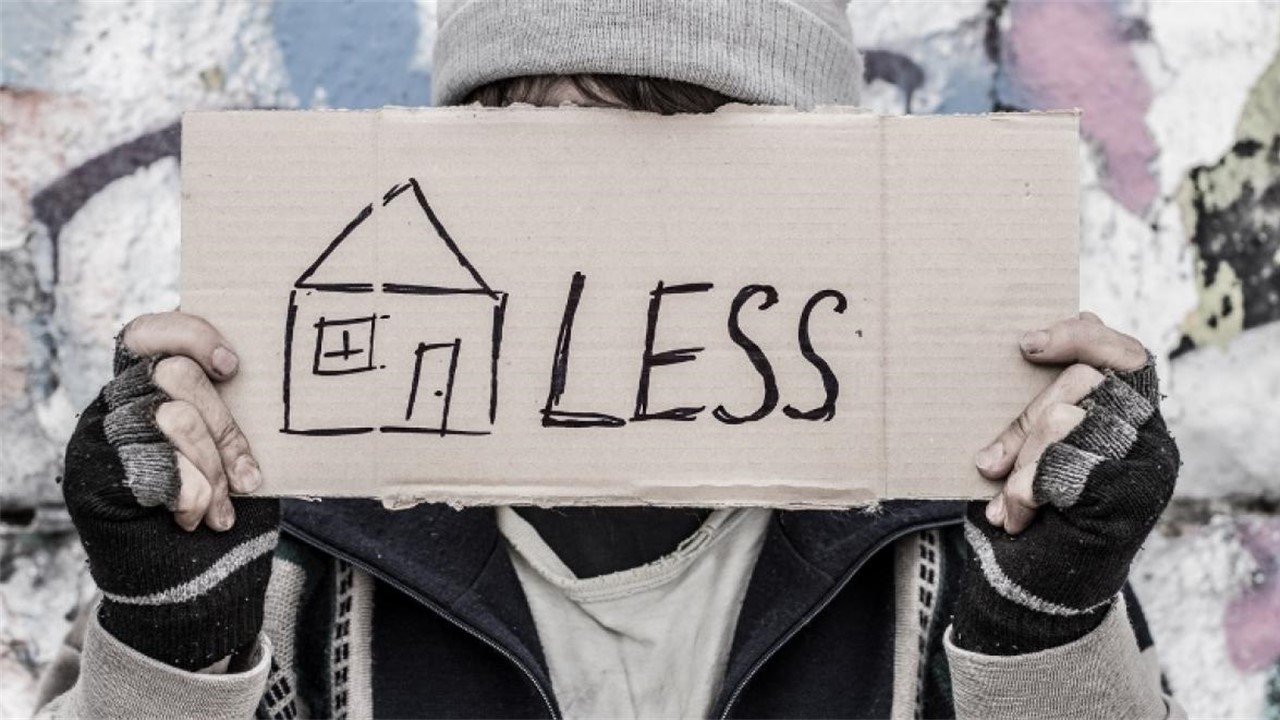Turning the tide on homelessness starts with correctly diagnosing it. It’s not drugs or mental illness that is driving homelessness. It’s also not a “choice.” I am baffled by those (individuals and family) who believe that there are actually human beings that wish to remain homeless.
And while drug addiction, mental illness, and poverty are all risk factors in homelessness (but NOT “choice), the question of whether they will lead to homelessness largely depends on the housing costs of a given area. It’s really that simple.
Think about it this way:
- Many homeless people don’t suffer from drug addiction.
- Many homeless people don’t suffer from mental illness.
- But virtually all homeless people can’t afford a home.
There is a new book out called, “Homelessness is a Housing Problem”. While it’s written by a couple of data scientists/analysts and gives deep into statistical analysis, the overall message is simple…
There’s a strong case that only the growing gap in affordable housing—not individual failings—can explain the problem of homelessness. One of the things I’ve been surprised to learn in my initial research is there are many cities that have funding for housing but there is a lack of “units” (houses, apartments, etc.). This is driven by growth and the rise of rentals.
San Francisco homeless problem? Virtually everyone knows about that right? Well, the tech industry exploded and as people moved in for high-paying jobs it not only drove the price of all rentals up but the availability of any rental options. This scenario repeated itself all over the country. Now, what about places that are not growing…places that seem to have missed the tech boom over the past 20 years?
Places like Mississippi, Alabama, and West Virginia have a drug addiction, mental illness, poverty, low wages, unemployment, and domestic violence, but extremely low rates of homelessness — because while all of these factors contribute to homelessness, the #1 factor is housing costs.
Places w/ higher rates of poverty, don’t have more homelessness.
Places w/ higher rates of mental illness, don’t have more homelessness.
Places w/ higher rents, *DO* have more homelessness.
As with most things, I probably could have made this point in fewer words but it’s important to understand. Aaron Carr is an important follow, someone who lays out the facts in an easily understandable way.
